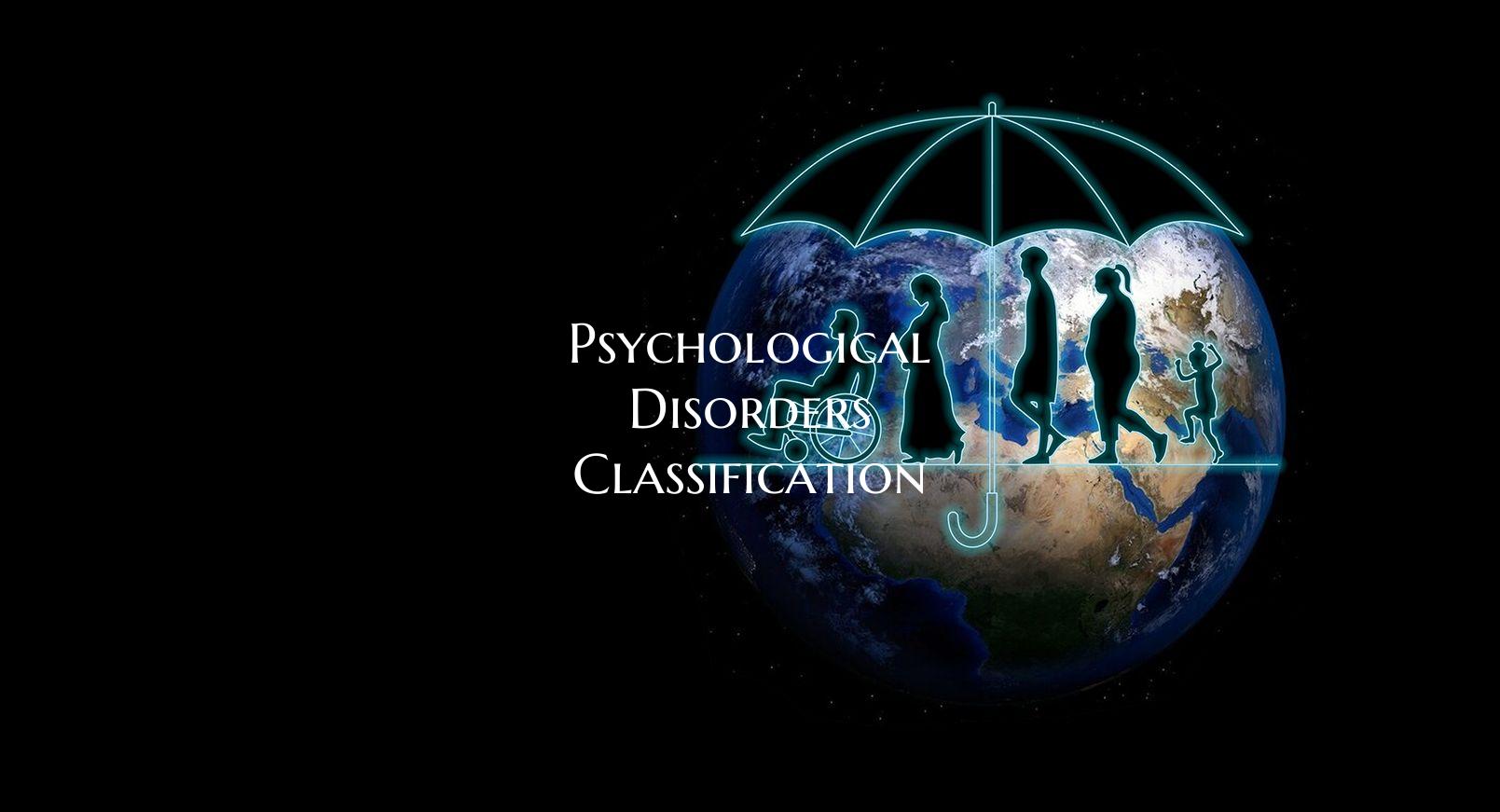
Psychological Disorders Classification
Psychological disorders are complex conditions that affect the mental health and well-being of individuals. In order to better understand and categorize these disorders, psychologists and mental health professionals use a classification system known as the Diagnostic and Statistical Manual of Mental Disorders (DSM). The DSM provides a standardized criteria for classifying and diagnosing various psychological disorders based on their symptoms and characteristics.
The classification of psychological disorders is crucial for accurately identifying and treating individuals who may be experiencing mental health issues. By categorizing these disorders into specific groups, it allows clinicians to make more informed decisions regarding treatment options and interventions. Additionally, having a standardized classification system helps to ensure consistency in diagnosis and facilitates communication among professionals in the mental health field.
The DSM classifies psychological disorders into different categories such as mood disorders, anxiety disorders, psychotic disorders, and personality disorders, among others. Each category includes a range of specific disorders with unique symptoms and diagnostic criteria. This classification system helps professionals to accurately identify and differentiate between the various types of psychological disorders, leading to more effective treatment approaches and improved outcomes for individuals struggling with mental health challenges.
In conclusion, the classification of psychological disorders plays a vital role in the field of mental health by providing a structured framework for understanding and diagnosing different types of conditions. By utilizing standardized criteria for classification, mental health professionals can better support individuals in need and work towards promoting overall well-being and mental health.